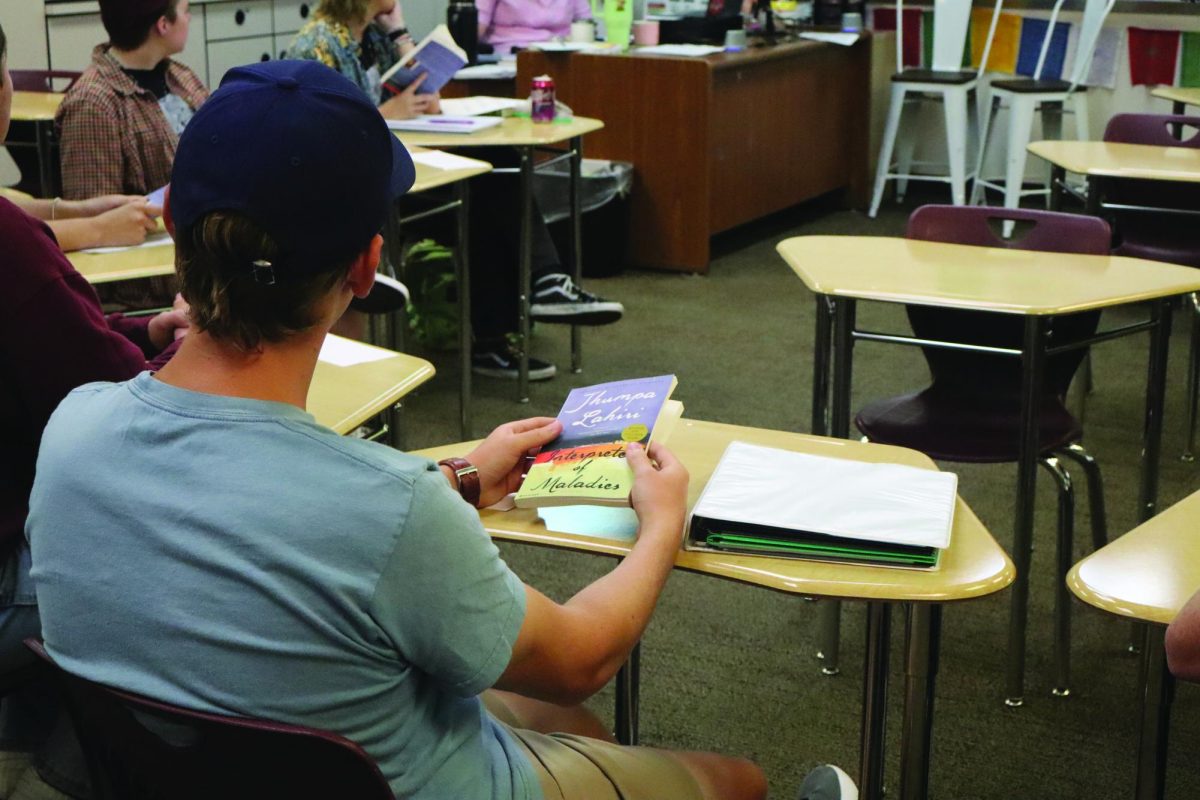Dual credit classes are college-level courses taken by high school students for which they can earn both high school and college credits simultaneously.
This year, students noticed that the options for taking a class as dual credit are more limited, which is due to teachers’ certifications.
“To teach a dual credit class, the teacher must have a master’s level degree in that subject,” BHS counselor Julie Berg said. “We have highly trained teachers, but if they do not have their master’s degree, then they cannot be a teacher of record from Bismarck State College. The teachers can prove they are working towards getting their master’s in that area, and they can teach it as long as they have a plan of study.”
There are alternatives to finding other ways to take dual credit classes. BHS students can take college courses from a BSC instructor, either online or on campus, in addition to their high school schedule. Students do not receive high school credit for these courses.
“Most colleges in North Dakota offer early entry classes for kids online,” Berg said. “Technically, it would not be dual credit, but you would get college credit and save a little bit of money.”
The selection of dual credit classes affects students who primarily plan to attend college in North Dakota.
“If you are planning to stay in North Dakota, dual credit is safe because you’re getting credit from an accredited university,” Berg said. “AP credit is recognized nationally because students get the credit through the College Board.”
Not all dual credit classes affect GPA weighting.
“College algebra, speech, probability and statistics, and dual English 12 are just standard general on a four-point scale,” Berg said. “AP can cost more money, but the benefit of taking it is raising students’ GPAs.”
AP exams cost money, but BSC has recently reduced tuition costs. This is only for students taking dual credit or early entry courses.
“The difference between subsidized tuition through a high school instructor paid in full by the school district and unsubsidized tuition with a qualified college instructor paid in full by BSC,” Berg said. “is $67.12 between one credit, and $335.6 between five credits, which is a big savings.”
AP environmental science, AP government, AP psychology, sociology, and Spanish are all classes that are no longer being offered as dual credit.
“While dual credit is limited, more than three thousand colleges and universities give credit for AP,” Berg said.







